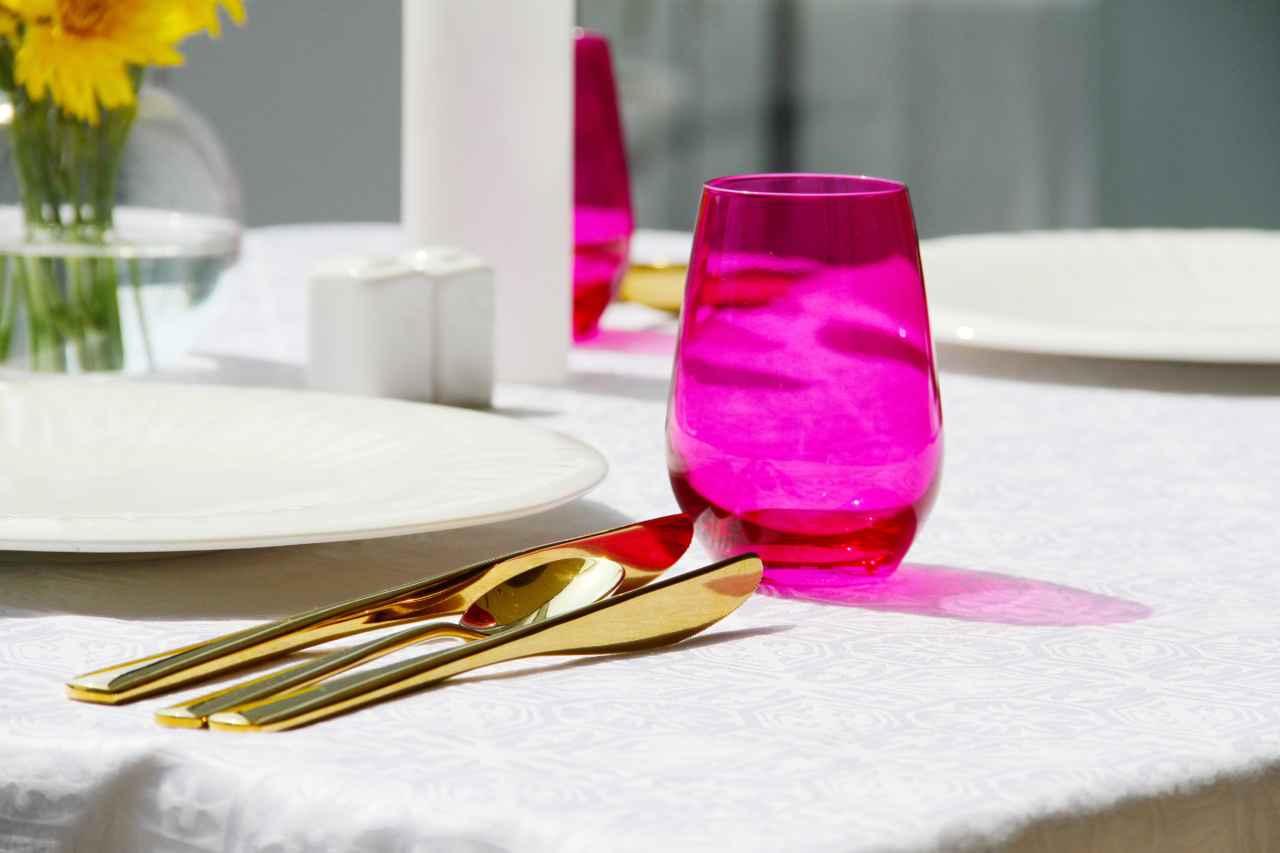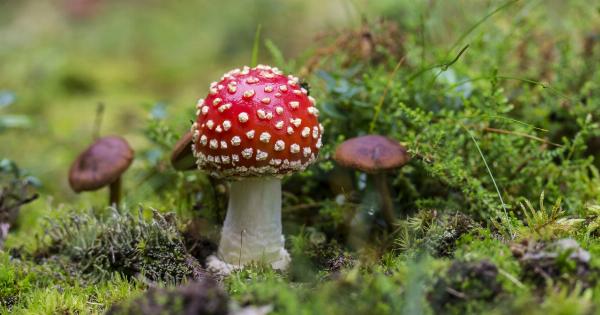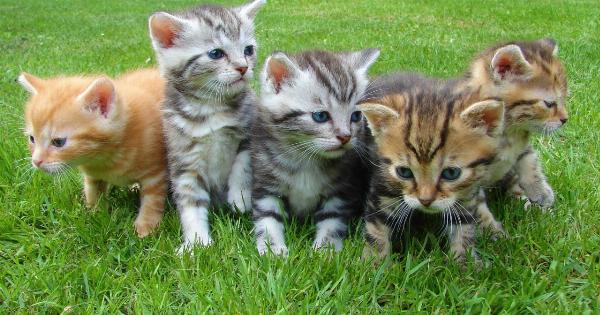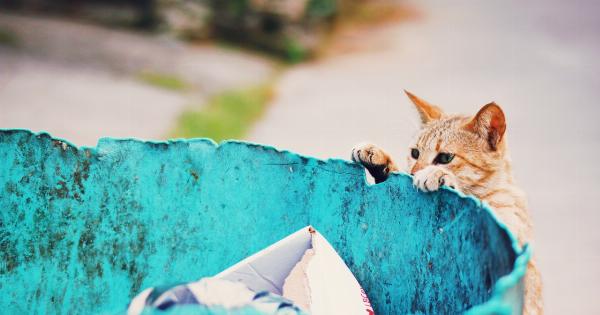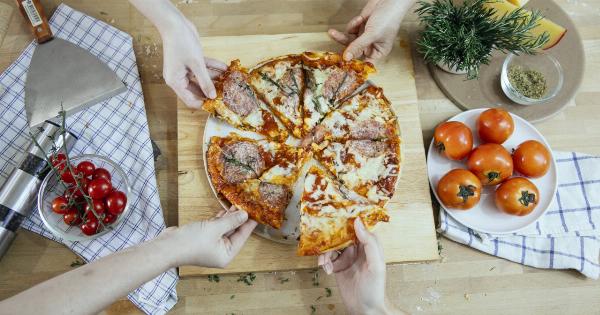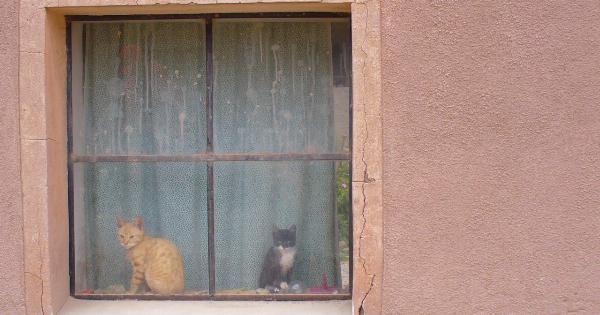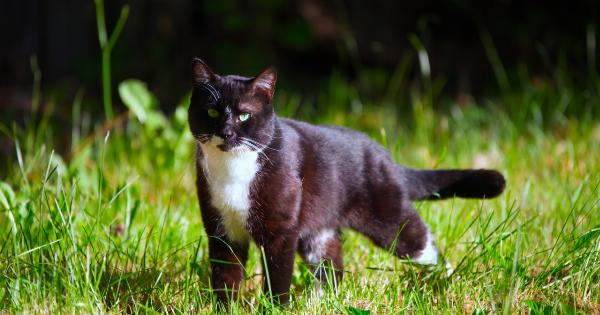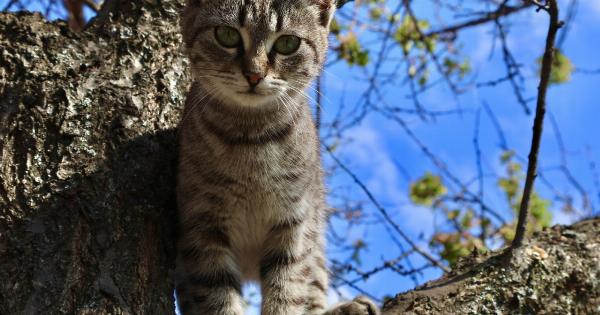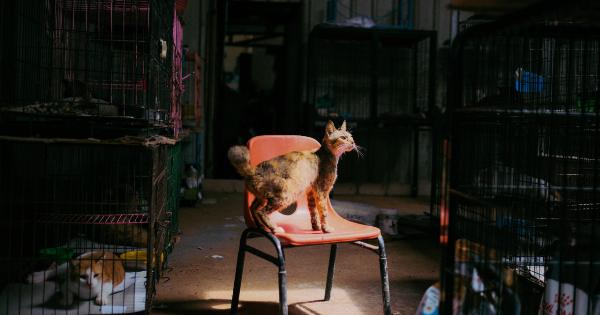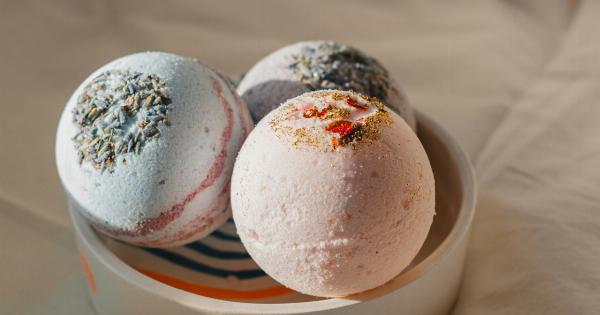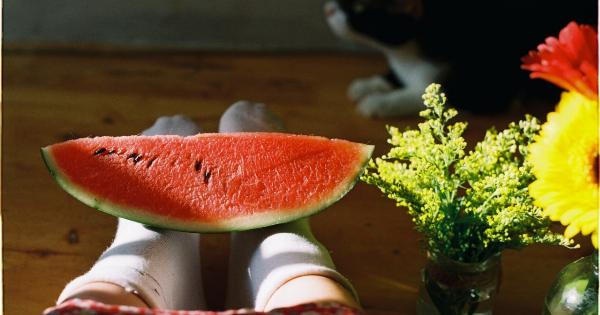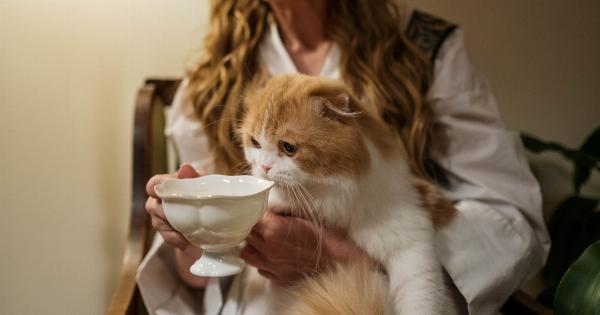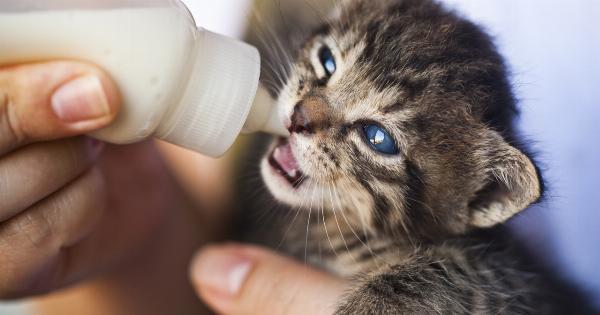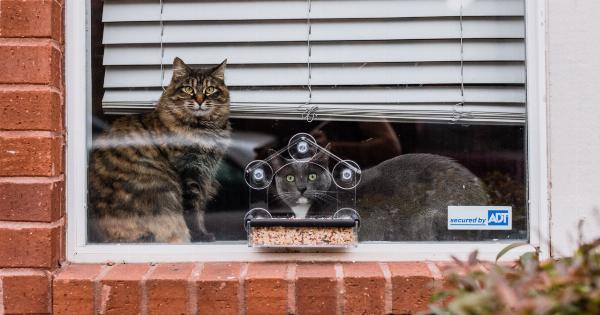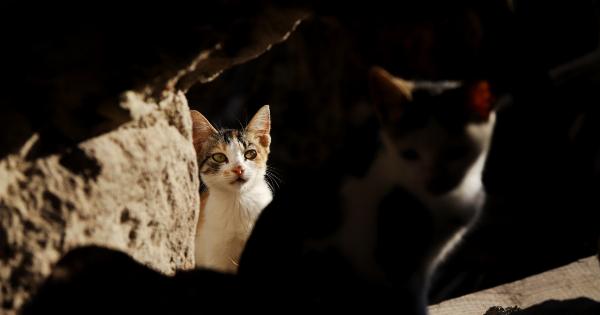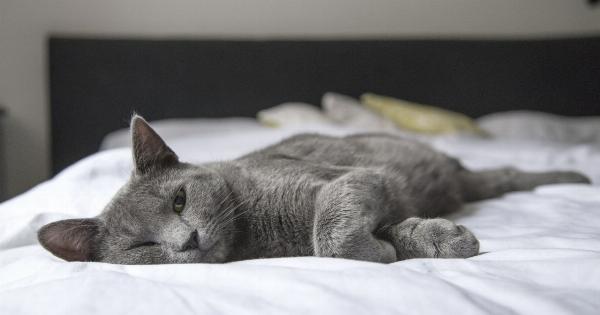When it comes to feeding your beloved feline friend, it is essential to provide a well-balanced and nutritious meal. Just like humans, cats require specific nutrients to maintain their overall health and well-being.
As a responsible pet owner, it is crucial to ensure that your kitty’s plate is filled with the right items to meet her dietary needs. Here are some must-have items that should never be forgotten when preparing your kitty’s plate.
1. High-Quality Protein
The first and most important item for your kitty’s plate is a high-quality source of protein. Cats are obligate carnivores, which means they require animal-based protein to thrive.
Include lean meats like chicken, turkey, or beef in your kitty’s diet. However, avoid giving her raw meats as they may contain harmful bacteria. Cooking the meat thoroughly is crucial to ensure your cat’s safety.
Additionally, you can also opt for commercially available wet cat food that primarily consists of quality protein sources.
2. Healthy Carbohydrates
While cats primarily need protein, they also require a small amount of carbohydrates for energy. Incorporate healthy carbohydrates into your kitty’s plate by introducing cooked whole grains like rice or oats.
Some cat owners also choose to add vegetables like peas or carrots, but it is important to note that cats are obligate carnivores and do not have a biological need for plant-based foods. Speak to your veterinarian before adding any vegetables to your cat’s diet.
3. Essential Fatty Acids
Essential fatty acids, such as omega-3 and omega-6, are crucial for maintaining your cat’s healthy skin and coat, as well as supporting her immune system.
While cats require animal-based fats, it is essential to ensure the inclusion of omega-3 fatty acids in their diet. Good sources of omega-3 fatty acids include fish oil or fish-based cat foods. These fatty acids also have anti-inflammatory properties and can help prevent certain health issues like arthritis.
4. Proper Hydration
Water is a vital component of your cat’s diet. Cats tend to have a low thirst drive and may not consume enough water on their own. Ensure your kitty has access to fresh, clean water at all times.
Besides a water bowl, you can also consider incorporating wet cat food into her diet. Wet food has a high water content, helping to keep your cat hydrated and promoting healthy kidney function.
5. Vitamins and Minerals
Vitamins and minerals are essential for various bodily functions and should not be overlooked in your cat’s diet.
While a balanced and varied diet usually provides all the necessary vitamins and minerals, it is recommended to consult your veterinarian about any potential deficiencies. Keep in mind that certain supplements can be harmful to cats, so always seek professional advice before incorporating any additional supplements into your kitty’s plate.
6. Taurine
Taurine is an essential amino acid for cats that plays a vital role in maintaining good heart health, proper vision, and a robust immune system.
Unlike humans and some other animals, cats cannot produce taurine on their own, so it must be included in their diet. Meat, fish, and poultry are natural sources of taurine, making them important components of your kitty’s plate.
7. Avoid Harmful Foods
While it is crucial to know what to include in your cat’s plate, it is equally important to be aware of foods that can be harmful to them. Certain foods that are safe for humans can be toxic or even fatal to cats.
Foods like chocolate, onions, garlic, grapes, raisins, alcohol, and caffeine are just a few examples of what to avoid. Always double-check any food item before giving it to your cat to ensure it is safe for feline consumption.
8. Portion Control
Portion control is vital to maintaining a healthy weight for your cat. Overfeeding can lead to obesity and various health issues, while underfeeding can result in malnutrition.
Consult with your veterinarian to determine the appropriate portion size for your cat based on her age, weight, and activity level. It is also crucial to monitor your cat’s body condition and adjust the portion size accordingly to ensure she remains at a healthy weight throughout her life.
9. Feeding Schedule
Establishing a consistent feeding schedule is beneficial for your cat’s overall well-being. Cats feel secure and thrive on routine.
Divide your cat’s daily food portion into several small meals throughout the day to mimic her natural hunting behavior, which involves multiple small prey. Avoid free-feeding or leaving food out all day, as it can lead to overeating and obesity.
10. Regular Veterinary Check-ups
Lastly, but perhaps most importantly, schedule regular veterinary check-ups for your cat. Your veterinarian can assess your cat’s overall health, provide recommendations on her dietary needs, and address any concerns.
Every cat is unique, and it is crucial to tailor her nutrition plan to her specific requirements. Regular check-ups ensure that you are on the right track and can detect any potential health issues early on.
